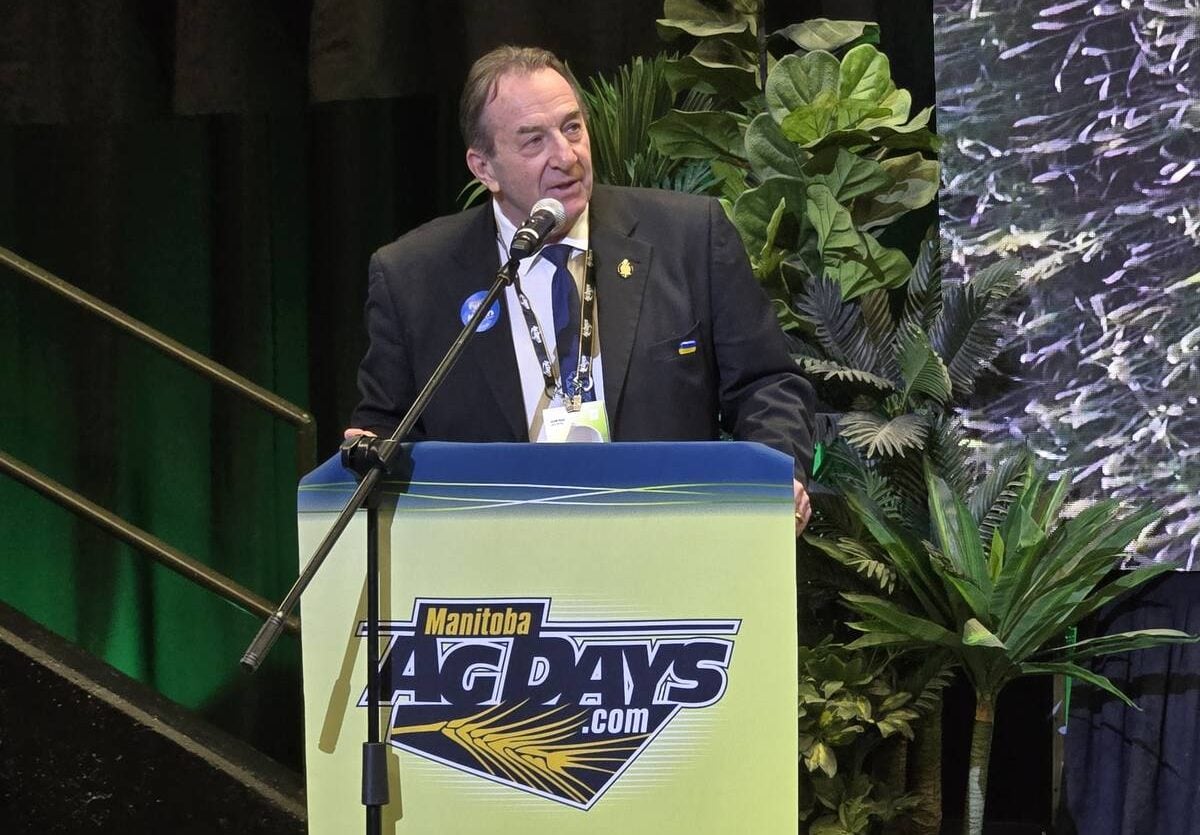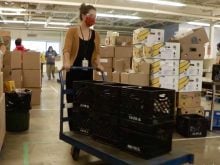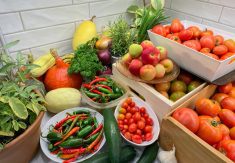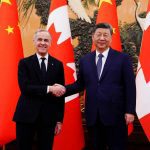The World Bank will start a trust fund to boost agriculture in poor countries with an initial $1.5 billion, its president Robert Zoellick said Nov. 24, warning of the risk of another food price crisis.
Crop shortages in India and the Philippines combined with increased speculation in commodity markets by investment funds have increased the risk that food prices could spike, as happened in 2008, Zoellick said.
“I’m not forecasting this. I’m just saying we have to anticipate this as a possible risk,” he told reporters on the sidelines of a food security event at Brookings Institution.
Read Also

Manitoba crop insurance expands wildlife coverage, offers pilot programs
New crop insurance coverage is available to Manitoba farmers.
More than one billion people are now chronically hungry as food prices have been slow to fall from last year’s record highs, and as nations grapple with the global economic downturn, United Nations agencies have said.
The world’s richest nations pledged to give $20 billion over three years to help small farmers in developing countries grow more food, but diplomats and aid groups have estimated only $3 billion appears to be new spending.
The World Bank was asked by the Group of 20 nations in September to create a fund to help quickly disburse the pledges. “I’d like (the World Bank) to get more (of the $20 billion promised) but the key thing is that people keep their pledges,” Zoellick told reporters.
The World Bank fund will pool money from the United States, Canada and Spain, Zoellick said, and the European Commission will also add funds.
Climate change and the other factors that caused the run-up in food prices in 2008 remain risks, said Josette Sheeran, head of the UN’s World Food Program.
“I don’t think it was a one-off phenomenon,” Sheeran said. “I think what it was was more of a wake-up call that exposed fault lines in access to food from the village level up through the national, regional and global level.”
The UN’s World Food Program, which feeds about 100 million people in 72 countries with government donations, fell far short of its emergency needs last year, raising only $3.7 billion against requirements of $6.4 billion, Sheeran said.
The WFP appealed recently for $1 billion to feed 20 million people in east Africa over the next six months, and secured pledges of half that amount, including donations from the United States and Spain, she said.
















